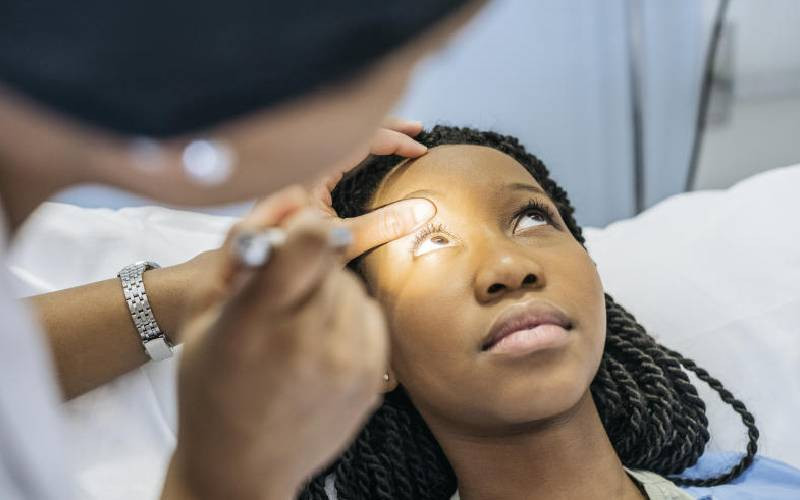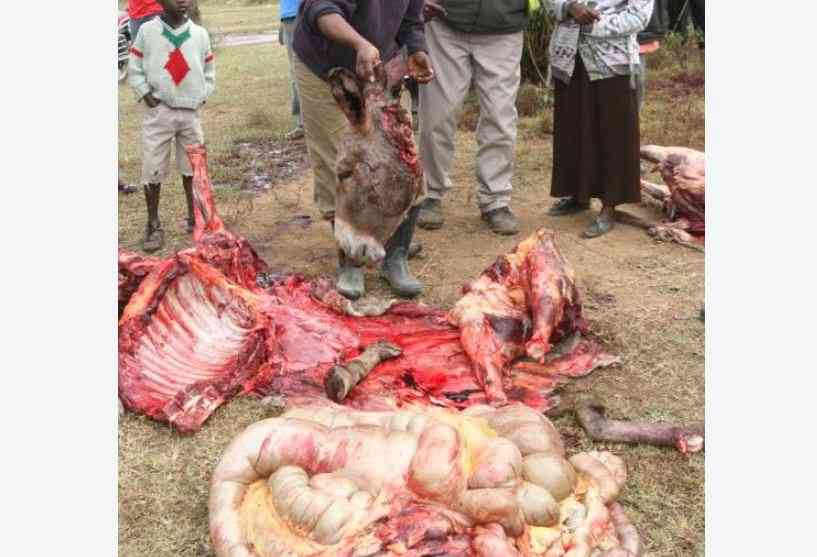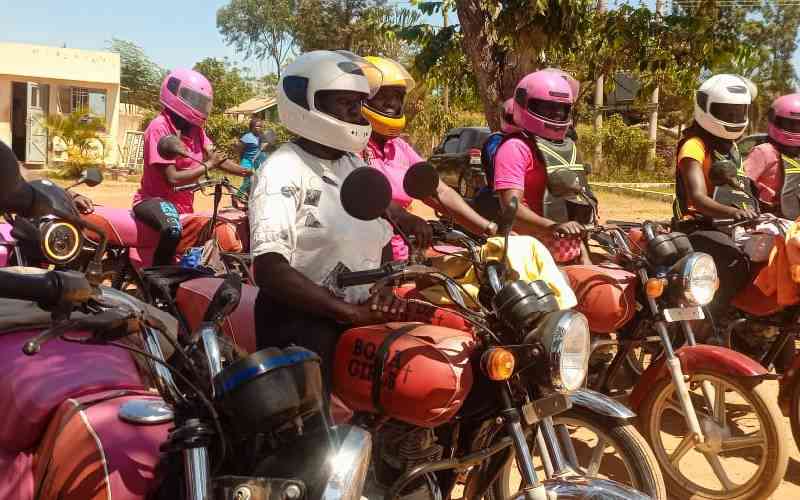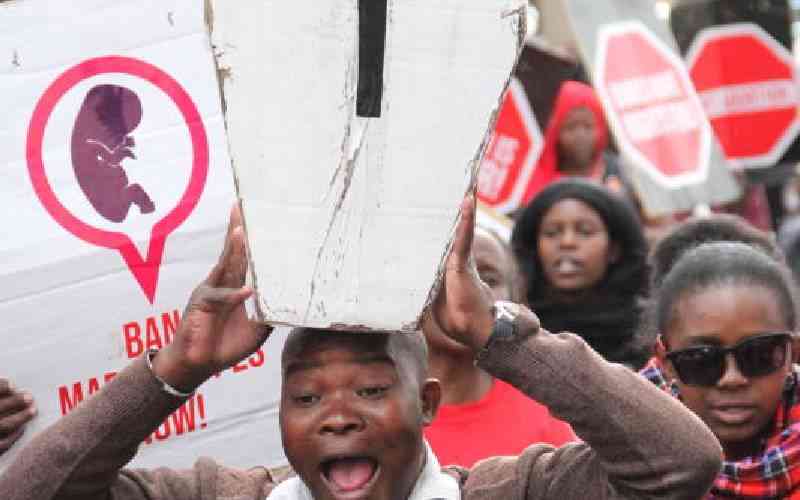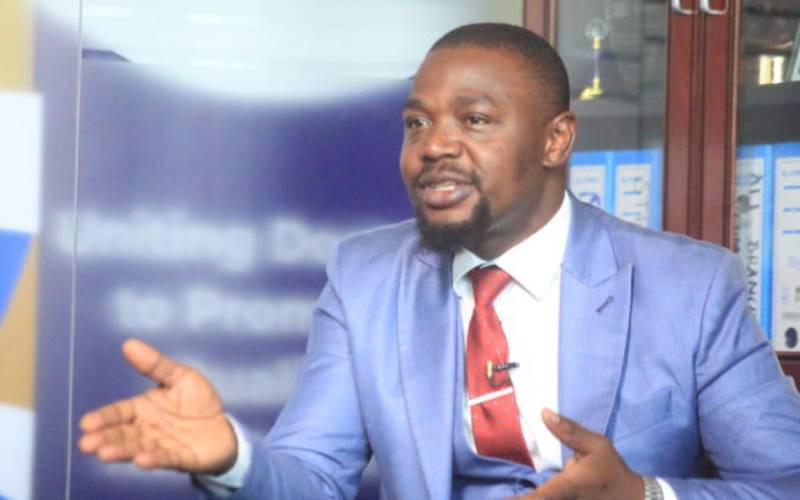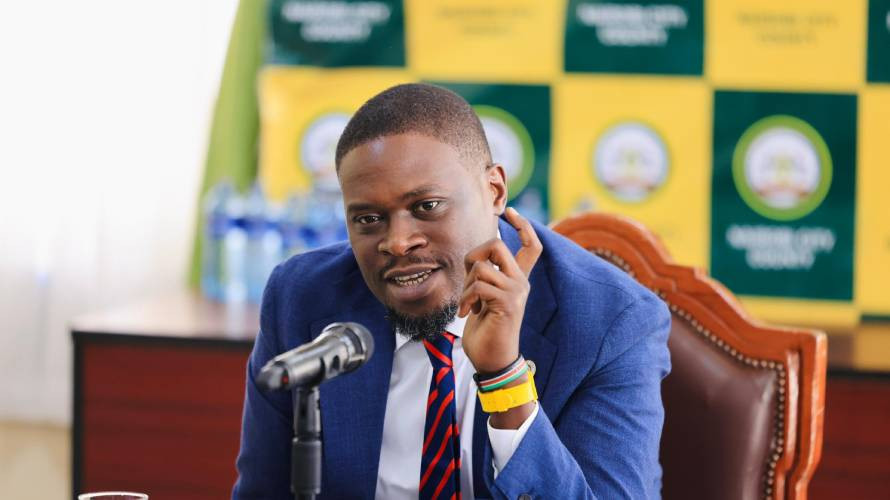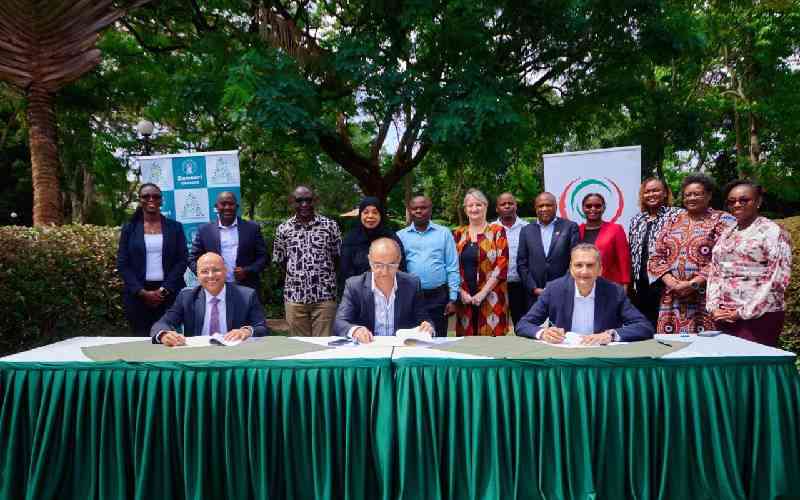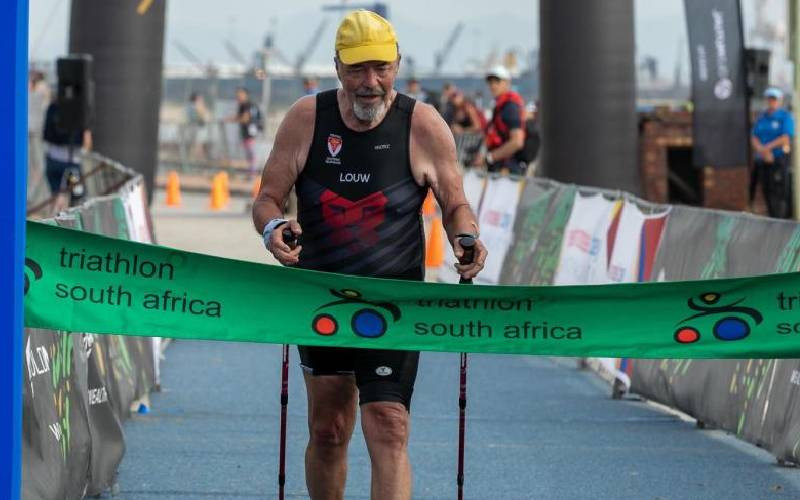
Polio is a dreadful disease. But bring up the subject of immunisation and Div Louw, a South African, lights with passion as he leans heavily on his chair.
But behind the relaxed and convivial facade lies a woeful tale of tears, love and pain that Louw, a retired natural scientist, has been through.
In a lengthy interview with The Standard in South Africa as the world commemorates immunisation week, Louw says he is gripped by fears that children were still getting infected and dying of polio, and other preventable illnesses, despite availability of vaccines.
Facts First
Unlock bold, fearless reporting, exclusive stories, investigations, and in-depth analysis with The Standard INSiDER subscription.
Already have an account? Login
 The Standard Group Plc is a multi-media organization with investments in media
platforms spanning newspaper print
operations, television, radio broadcasting, digital and online services. The
Standard Group is recognized as a
leading multi-media house in Kenya with a key influence in matters of national
and international interest.
The Standard Group Plc is a multi-media organization with investments in media
platforms spanning newspaper print
operations, television, radio broadcasting, digital and online services. The
Standard Group is recognized as a
leading multi-media house in Kenya with a key influence in matters of national
and international interest.

